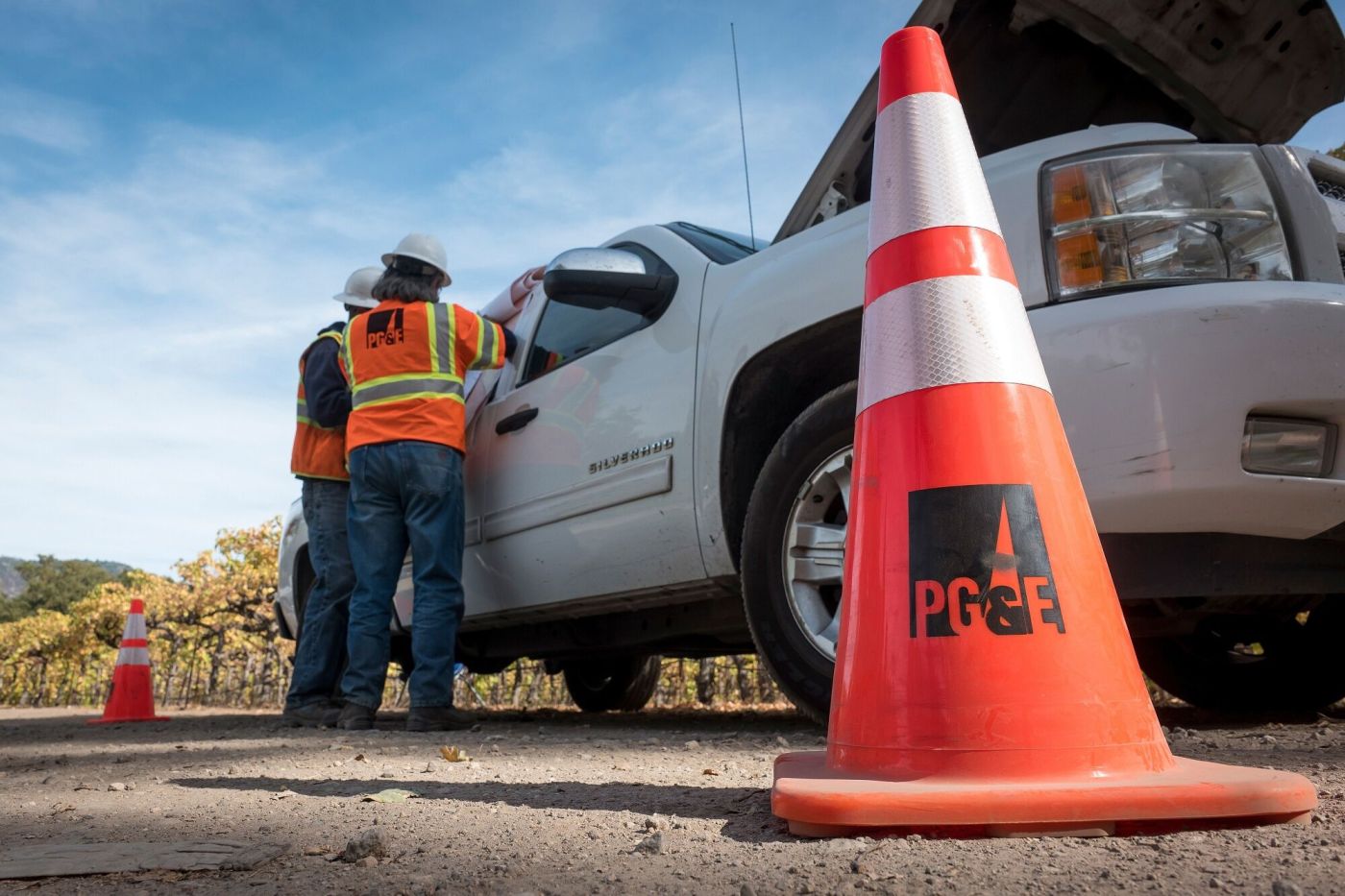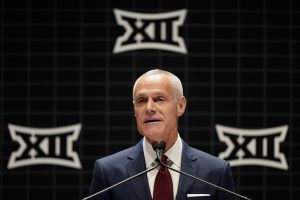By Mark Chediak and Will Wade | Bloomberg
California’s biggest utility sees power demand doubling by 2040, driven by artificial intelligence, electric cars and other efforts to electrify more of the economy, according to PG&E Corp.’s top executive.
PG&E is equipped to meet that surge in demand without significantly adding to its fleet of power plants, Chief Executive Officer Patti Poppe said Friday in an interview on Bloomberg Television. That’s because the utility’s system isn’t running at its full potential.
“Our grid today is underutilized,” she said. “We built the grid big years ago, and now we get to utilize it.”
Utilization rates on PG&E’s grid are currently at around 45% and Poppe said she sees that growing to as much as 80%. While there will be “some new generation,” the CEO said better use of existing assets will be key to delivering more power without driving up costs.
Shares of PG&E fell 0.9% at 10:46 a.m. in New York. The stock has risen 1% this year.
Other parts of the US are also projecting massive increases in power demand, with the head of the grid operator in Texas estimating this week that power demand there would nearly double by 2030. A number of US power companies have also dramatically increased their projections of demand, though unlike PG&E, other companies are planning to build new plants.
Wildfires
Related Articles
Diablo Canyon nuke plant could trigger higher PG&E customer bills, experts warn
Battery-powered California faces lower blackout risk this summer
Letters: Utility tax | Green energy | Higher ideal | Ending violence | No good choice
PG&E customers face more increases in monthly utility bills: new state proposal
Opinion: Rooftop solar and batteries remain valuable investments
PG&E is also taking steps to prepare for wildfires. PG&E outfitted two Black Hawk helicopters with 1,000 gallon tanks, which can be filled with water or fire retardant, to battle California’s blazes. The utility owns two other Black Hawks that are used for construction, such as for setting poles and towers.
Poppe has pledged to prevent catastrophic wildfires, which drove the utility into bankruptcy in 2019 after its equipment sparked some of the worst blazes in California history. More than 100 people died and thousands of homes were destroyed.
The utility says it has reduced ignitions tied to its equipment by 68% since 2017 by installing more weather monitoring stations, hardening poles, covering and burying power lines and preemptively cutting power during dry and windy weather.
–With assistance from Josh Saul.
More stories like this are available on bloomberg.com
©2024 Bloomberg L.P.












